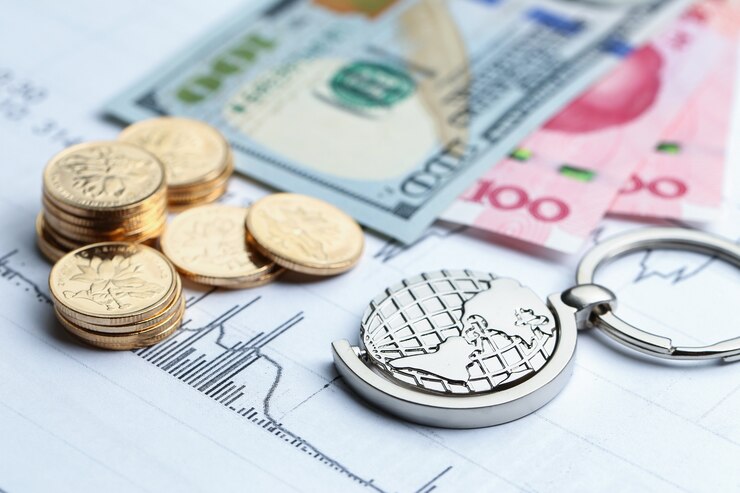
In a significant move to revitalize its economy, China has announced a major pay raise for government workers. This wage increase is the first of its kind in nearly a decade and is aimed at boosting consumer spending and supporting the country’s slowing economy. 📈💰
The Chinese economy has faced numerous challenges, including a slowing growth rate and a prolonged property crisis. As a result, the government has turned to salary increases as a way to kickstart economic recovery. Here’s everything you need to know about this bold economic move. 🌍
Why Did China Increase Government Workers’ Salaries? 🤔
The pay raise for 48 million government workers across China is expected to pump between $12 billion and $20 billion into the economy. This strategic move is designed to encourage consumer spending, which is essential to fuel economic growth in a country that’s been battling low consumer confidence and weak demand. 🛍️
- Salary Increases: Civil servants, including teachers, police officers, and other government employees, will see an average monthly increase of 500 yuan (~$68.50). 💵
- Backdated Payments: These increases will be retroactive to July, with the added bonus being paid in a lump sum. 🎁
By increasing wages for government workers, China aims to create a ripple effect of spending that benefits local businesses and boosts the economy. 🏦
How Does This Pay Raise Affect China’s Economic Goals? 🎯
This pay raise for civil servants is a part of China’s plan to meet its 5% GDP growth target for 2025. While it is a positive step, it is only one part of a larger strategy that also includes a higher budget deficit and efforts to stabilize the economy.
The key focus is on encouraging consumption, as workers with stable incomes tend to spend more, thus stimulating demand across various sectors. 📊
- Government Spending to Boost Economy: This pay increase fits into China’s broader efforts to address economic challenges like the property crisis, falling prices, and declining export rates.
- Impact on Private Sector vs Civil Servants: Government employees are expected to spend more compared to private sector workers due to their job security and social benefits. This means they play a crucial role in economic recovery. 📈
What Are People Saying About the Pay Raise? 🗣️
While many civil servants welcome the pay increase, some social media users have questioned why the government is focusing solely on government employees instead of tackling broader economic issues. 😕
Others have pointed out that low-income groups, who tend to spend a larger share of their income, should be the primary focus for economic stimulus. However, experts believe that government workers are more likely to spend their wages than other sectors due to their stable benefits. 💬
How This Affects China’s Economic Future 🔮
As China works towards a 5% growth target for 2025, the pay raise for public-sector workers is one of several measures aimed at boosting consumption and supporting growth. However, experts agree that China must continue to address economic challenges like the property crisis and falling prices. 🌏
- Increased Budget Deficit: The government has agreed to run a higher budget deficit to support economic efforts. This will include additional spending on infrastructure and consumer incentives.
- Impact on Long-Term Economic Recovery: While the pay increase will help short-term consumption, the government must implement broader reforms to ensure sustainable long-term growth. 🏗️
How This Pay Raise Will Impact China’s Economy in 2025 and Beyond 📅
In conclusion, China’s decision to increase salaries for government workers is a strategic move to stimulate consumer spending and boost the economy. 🌟 This action will have a positive short-term effect, but for long-term growth, China needs to tackle deeper issues such as the property crisis and slowing demand.
If you’re interested in learning more about global economic trends and policies, stay updated with our latest insights on AlgoDeltaFX. 🌍💡
source : reuters

